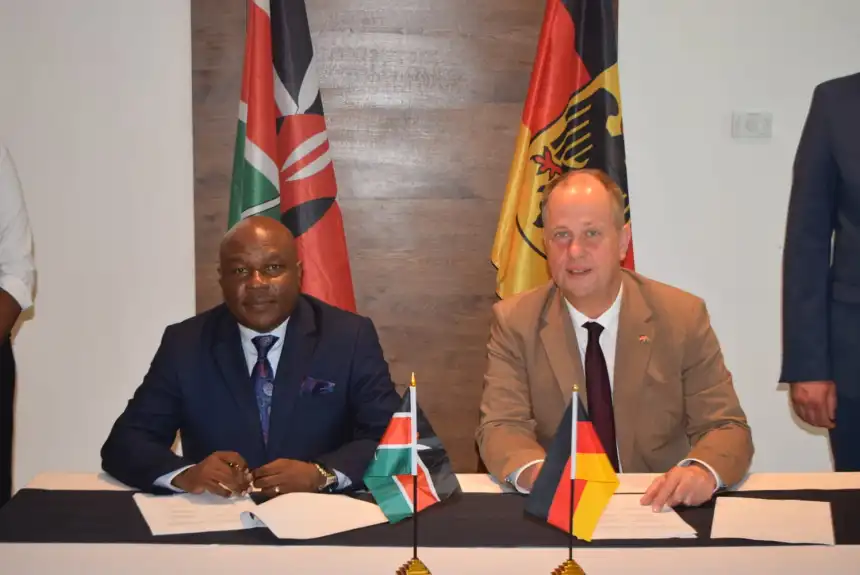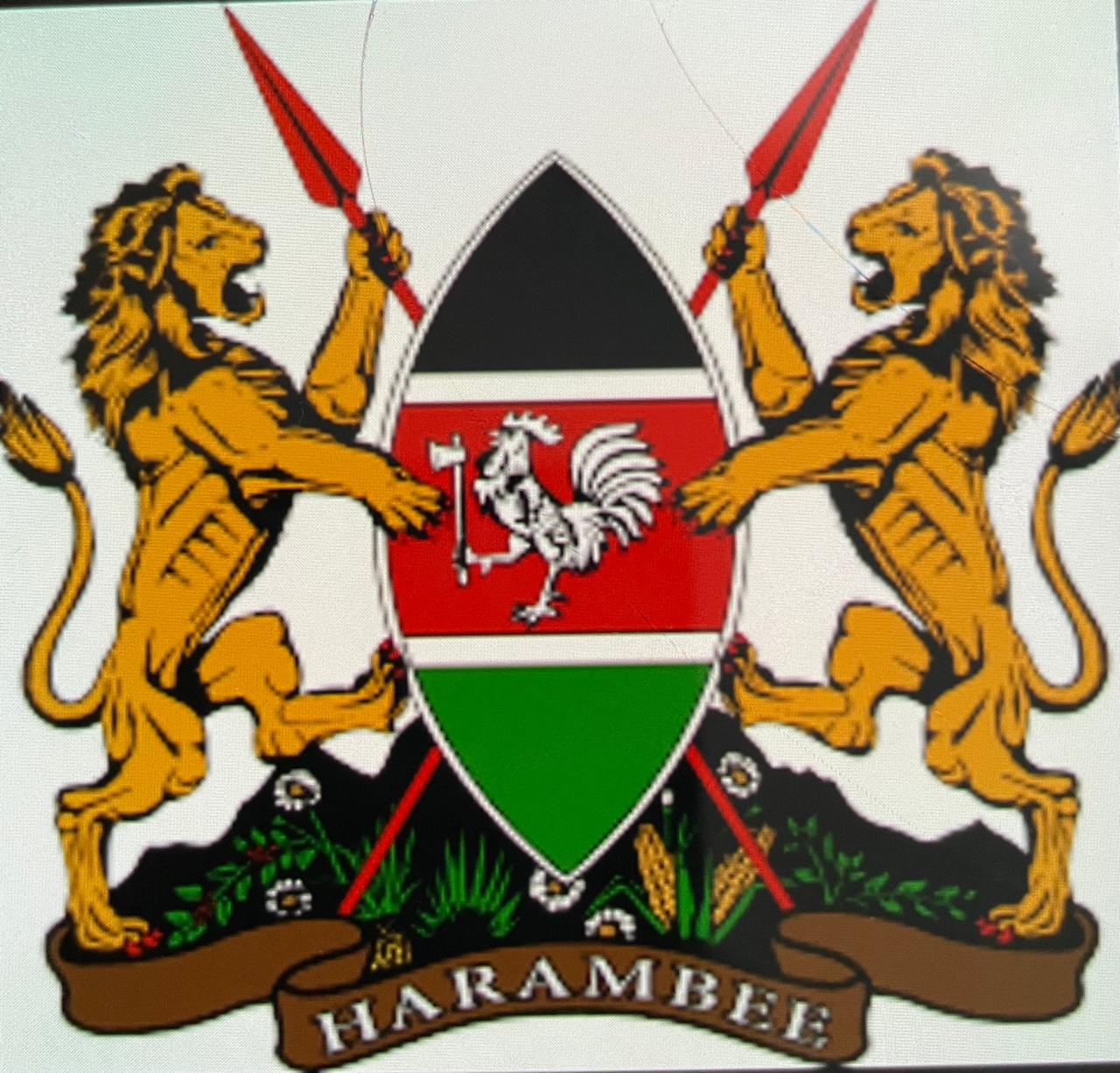Kenya and Germany have wrapped up the latest round of negotiations on the draft Comprehensive Migration and Mobility Partnership Agreement (CMPMA) in Nairobi, signaling continued momentum from a Berlin start to formalize a structured framework for migration and labor mobility between the two nations.
The Nairobi talks, held from May 14 to 15, followed an initial negotiating session in Berlin in March. The CMPMA aims to establish a clear mechanism for cooperation on migration and labor mobility, with both countries hoping to streamline processes, enhance safety, and expand opportunities for skilled workers.
On the Kenyan side, Labour and Skills Development Principal Secretary Shadrack Mwadime led the delegation, with Diaspora Affairs PS Roseline Njogu serving as the lead negotiator.
The German contingent was headed by Dr. Joachim Stamp, Special Commissioner for Migration Agreements, along with Holger Schamberg from the Ministry of Interior and Community.
In a joint communique issued at the conclusion of the talks, officials noted that, as an international bilateral agreement, the draft will undergo the necessary internal legal and procedural checks by both governments before signing.
The signing date remains targeted for September 2024, with implementation set to begin in Nairobi, starting with a job fair intended to demonstrate practical steps toward realizing the pact.
Both nations committed to full realization of the agreement through a Joint Implementation Committee, established earlier this year after a Berlin meeting between Labour CS Florence Bore and her German counterpart Hubertus Heil.
Shadrack Mwadime stressed Kenya’s willingness to develop a transparent framework to enable safe, orderly, and regular migration of Kenyan skilled workers.
He highlighted benefits in mobility and the potential to accelerate migration flows between the two countries, while thanking negotiators from both sides for maintaining a constructive, friendly environment that facilitated consensus on most substantive issues.
The negotiations form part of a broader initiative conceived by Kenya’s President William Ruto and German Chancellor Olaf Scholz.
During the first round, Kenya’s Labour CS Bore informed the German government of measures to streamline labor migration, including the restructuring of policies and institutional frameworks to support seamless migration and mobility.
Kenya positions its skilled workforce as a valuable asset for Germany’s labor market, with strengths in ICT, health care, construction, engineering, agriculture, and hospitality—areas where Germany reportedly faces skill gaps.
Officials emphasized that Kenyan workers are well-trained, disciplined, and prepared to contribute to Germany’s diverse economy.



